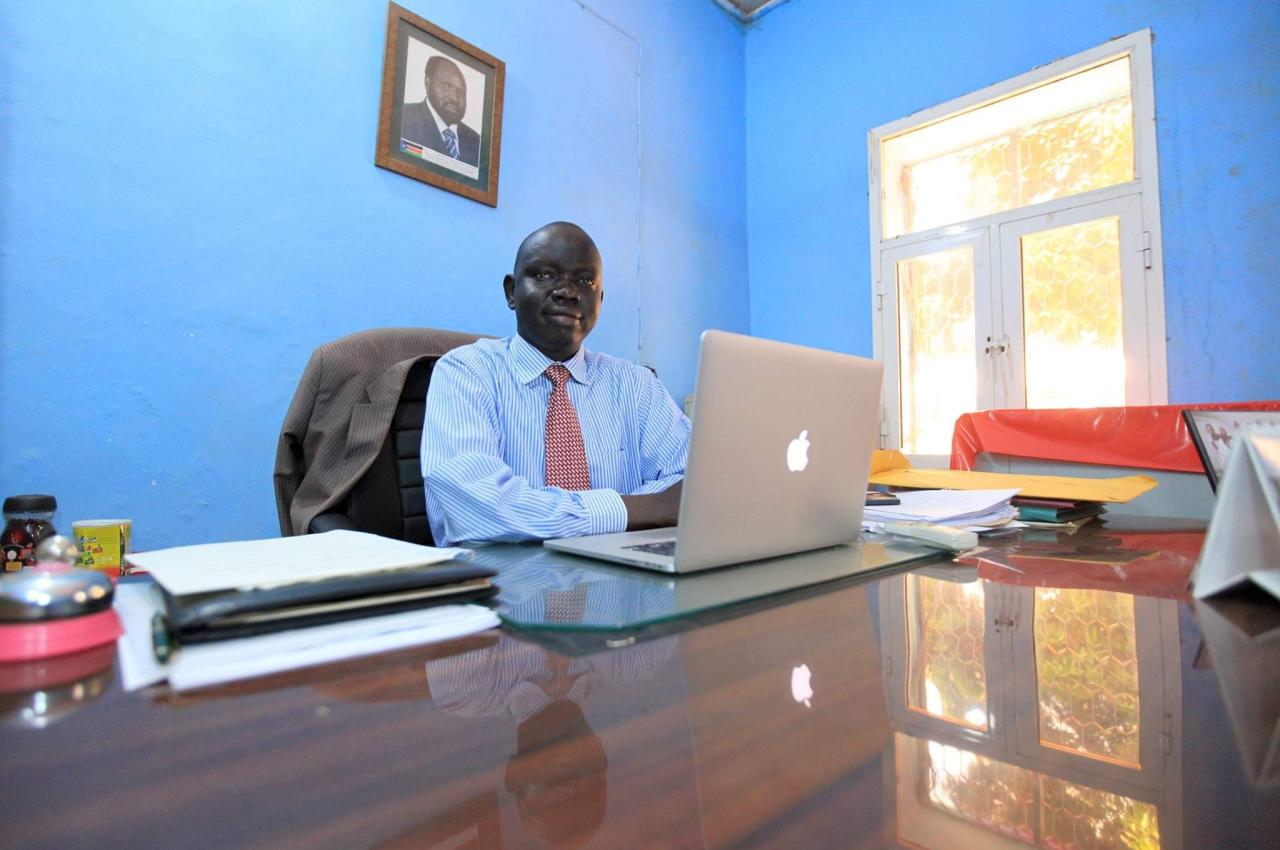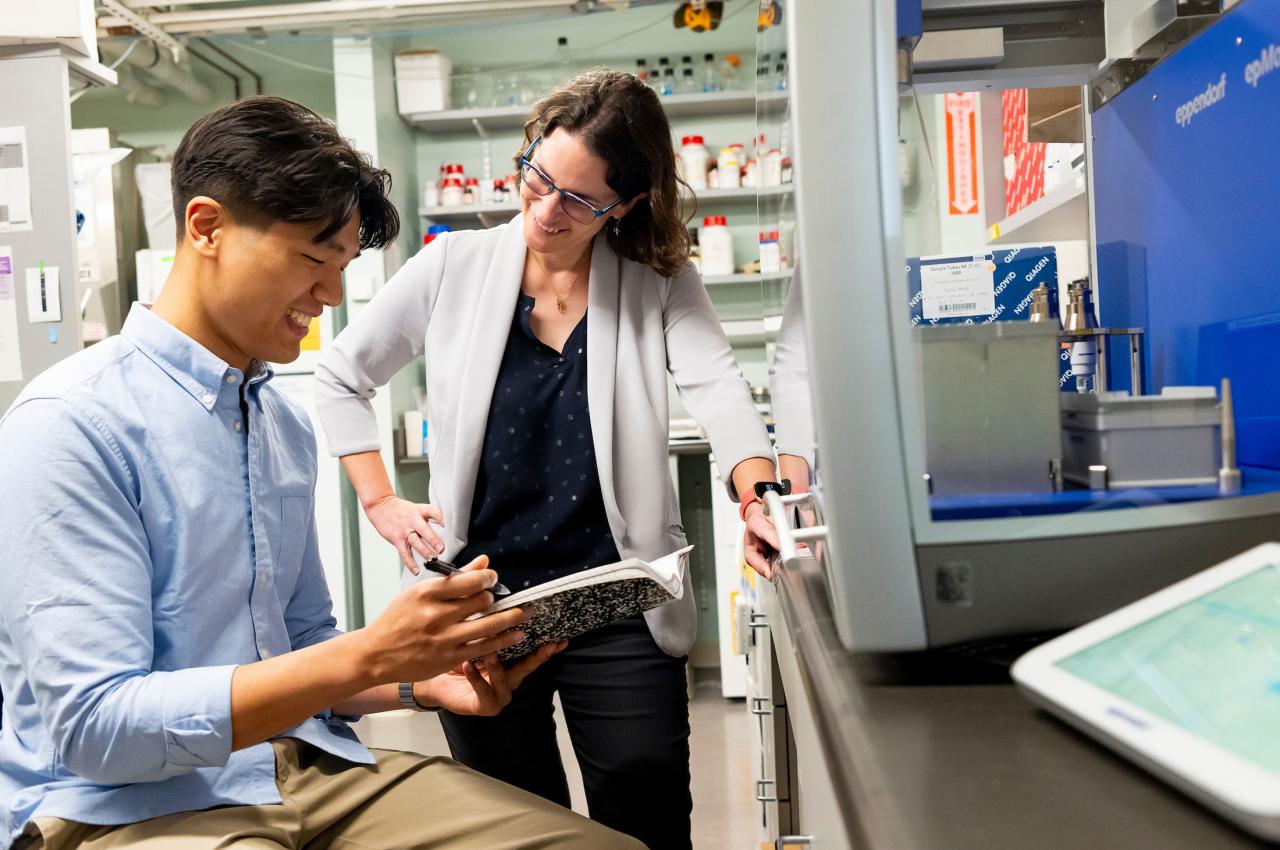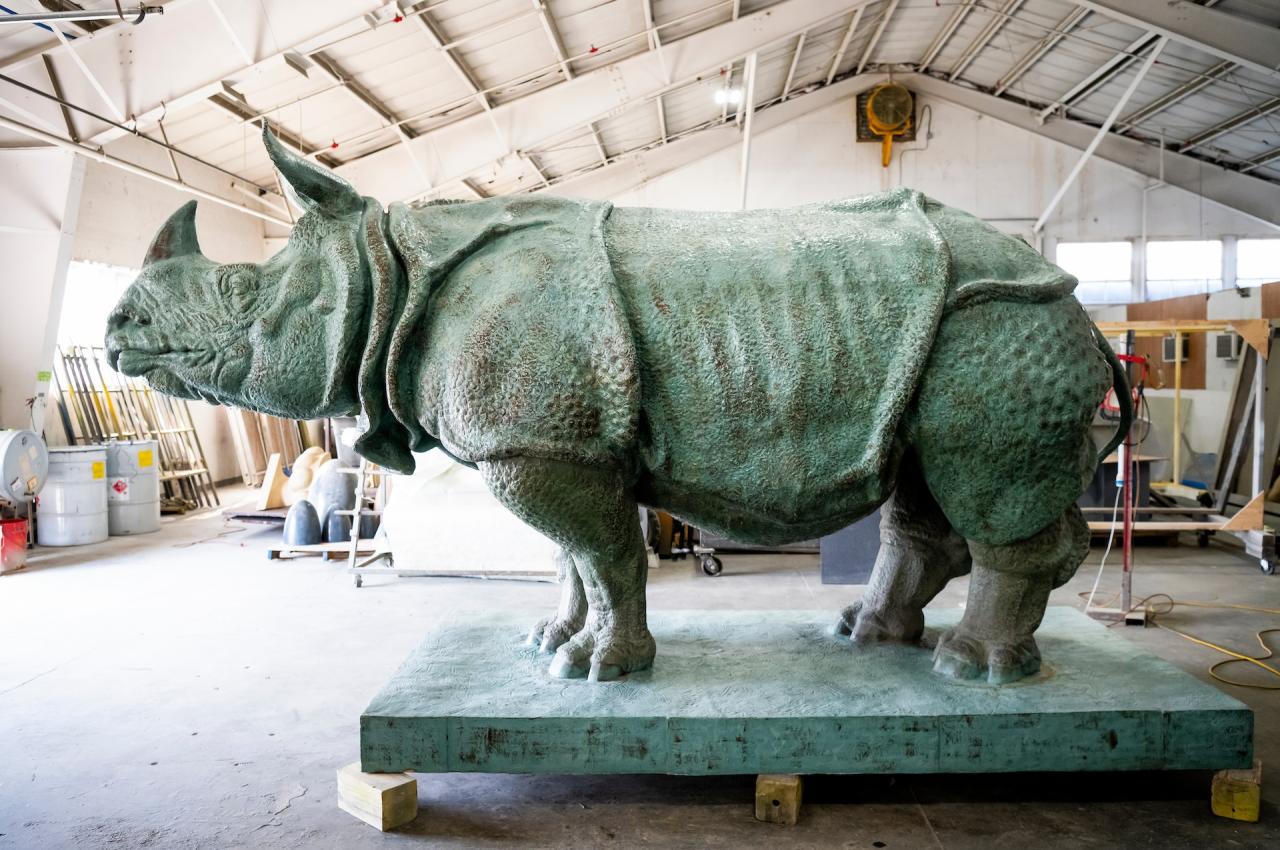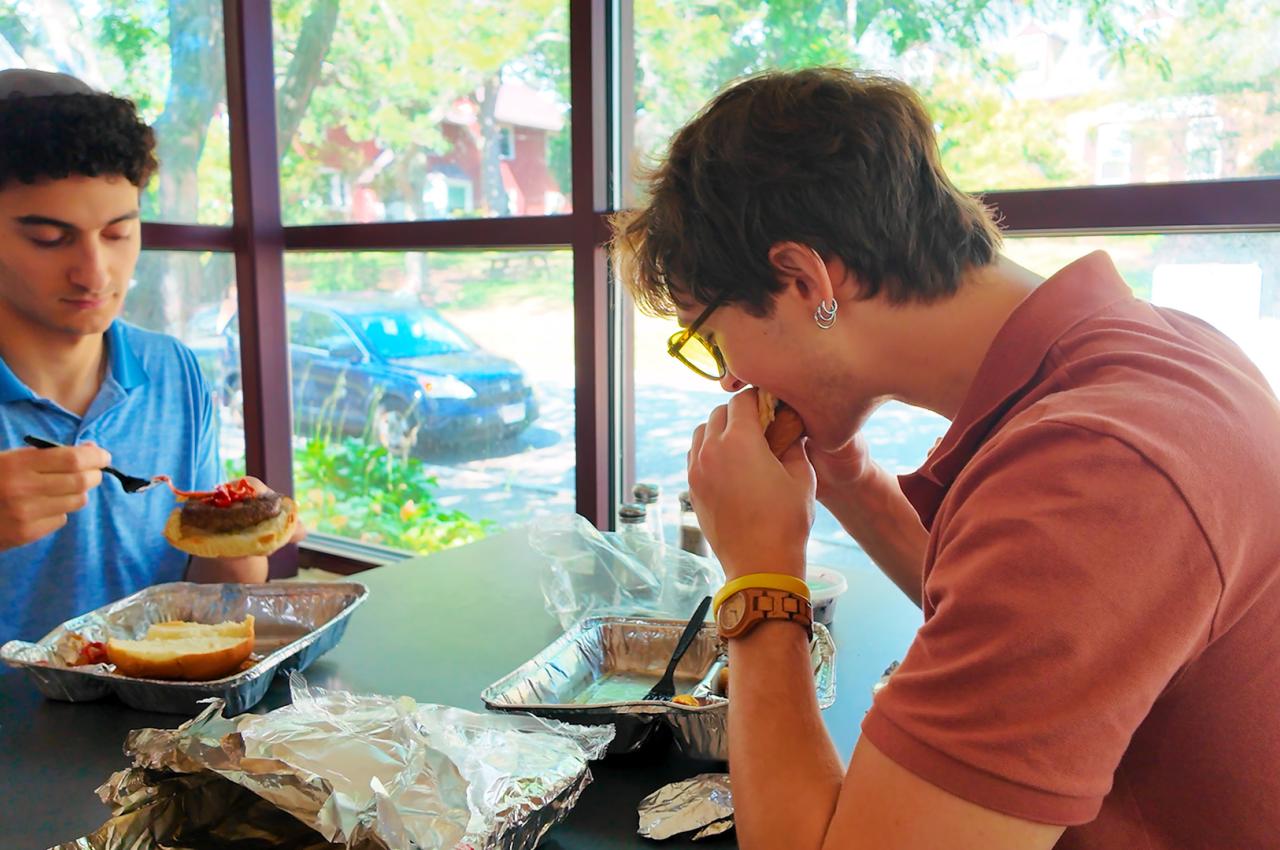A Survivor of War Brings Dignity to the Vulnerable
Tong Deng Anei, N19 (MAHA), grew up amid the horrors of endless wars that ravaged Sudan and cost the lives of many of his relatives and friends. He watched helplessly as his critically ill mother died at home in 1987 because there were no clinics or hospitals near their town of Warawar, located in what later became South Sudan.
Rather than crushing Anei, these crises inspired in him both personal resilience and a deep desire to help others. “In the end, despite the pain, one must pick oneself up from the dust and look to the horizon,” said Anei, now a food security and livelihoods research consultant for organizations such as the United Nations and government agencies. “I was passionate about humanitarian assistance from a very young age.”
Anei knew that reaching this goal would require extensive education and training as well as passion. He studied both primary and high school work “under trees,” because the Sudanese educational system, like its health care infrastructure and agricultural production, had been largely destroyed. He managed to finish high school, but a university degree was impossible.
“We lost a whole generation to illiteracy as a result of nearly half a century of civil war that preceded the 2011 partitioning of the country into Sudan and South Sudan, so I had to pursue my dream through hard work and systematic self-training,” he said.
Following high school, he volunteered with the Sudan Relief and Rehabilitation Association (SRRA) as a database and monitoring officer. Anei collected and analyzed data to determine the number of people with specific needs such as food, housing, or medical care and estimate the types of intervention required.
To this day, data analysis and collection remains Anei’s special interest. “To make well-informed decisions about food security, nutrition, and health, all decision makers depend on good data,” he said.
These efforts led to assignments with the World Food Program, where Anei assessed the need for food aid in South Sudan, distributed food and monitored the impact of such aid. In the process, he met many Tufts scholars, including Dan Maxwell, now Henry J. Leir Professor in Food Security at the Gerald J. and Dorothy R. Friedman School of Nutrition Science and Policy, and learned about Tufts’ Master of Arts in Humanitarian Assistance (MAHA) degree, administered through the Feinstein International Center.
The program offered through the Feinstein International Center educates professionals about nutrition, food security and livelihoods, displacement and forced migration, and protection as they relate to humanitarian action in famines, complex emergencies, and natural disasters, or among at-risk populations. Anei was intrigued.
A few years later, he traveled to the U.S. for the first time for disaster assistance training sponsored by the U.S. Agency for International Development (USAID). After training, he visited Tufts. “From that moment, I knew I wanted to come back,” he said. Earning a MAHA was “imperative in order to equip myself with the necessary tools that my nascent country needed to catch up with the rest of the world.”
A glaring obstacle to this goal was Anei’s lack of an undergraduate degree. Without that credential, could he be accepted into a demanding post-graduate program? And if he were accepted, could he be successful?
Maxwell and a Fletcher School graduate for whom Anei had worked at USAID encouraged him to apply.
“It was a bit of a stretch, but he offered a lot to the program. He had vast field experience and a certain kind of political savvy and insight that you don’t often see in graduate students,” said Maxwell, noting that by this time Anei’s credentials included serving as state minister of health in South Sudan’s Northern Bahr El Ghazal State. “He was just an amazing guy.”
Anei took the leap and applied in late 2017. The email accepting him into the 2018-2019 MAHA program arrived in his in-box on a January night. “The most memorable part of the letter, and what is still exciting to me today, was the opening word ‘Congratulations!’,” Anei recalled. “That gave me confidence that I was indeed admitted. I was so excited about it, I started clapping and shouting, even though it was almost midnight.”
Money, or lack of it, was a problem. Anei was among many workers at agencies in South Sudan whose salaries had never been paid, and what he’d earned had largely gone to help his family.
He scraped together $5,000 with savings and small contributions from friends. It was enough to come to Boston. There, he managed with financial aid and a frugal lifestyle.
He and three roommates shared an apartment that was a 25-minute walk from campus, so when he wasn’t in class, he hunkered down in the library. “When Ginn Library closed, I went to Tisch, where the quiet room was open until 3 a.m.,” he said. This routine turned out to be advantageous because it meant fewer distractions, and more exercise.
His first semester was challenging as he moved from paper-based academics to a program making heavy use of technology. Anei got used to the new system by mid-semester and “by second semester, it was easy,” he said.
Anei found a welcoming community of faculty and international students. “I came to Tufts with humanitarian knowledge limited to South Sudan, Sudan, Kenya and Uganda, and gained valuable perspective from other regions, from Central America to Asia,” he said. Courses in global health security and international diplomacy still stand out in his mind.
Anei not only earned his MAHA on time but returned to South Sudan with a one-year, non-residential research fellowship from the Fletcher School that enabled him to continue to study humanitarian crises and mass starvation in his home land.
Today, he continues to pursue his childhood dream of helping others, from examining the interplay of climate change, economic turmoil and weak governance on food insecurity in South Sudan and Northern Bahr el Ghazal State in particular to analyzing gender-specific impacts of armed conflict.
“Ongoing reports from Gaza, Sudan, and Ukraine indicate that the role of international community is more important than ever,” he said. “I plan to continue working for humanitarian programs to ensure that the lives of vulnerable people are served with dignity. I hope my journey is an inspiration to others who face circumstances similar to mine and want to make a difference.”
Latest Tufts Now
- Training the Next Maternal and Infant Health ResearchersA collaboration between the School of Medicine and Tufts Medical Center encourages students to align their passions with clinical research projects
- A ‘Spa Day’ for Bess the RhinoMonths of conservation work honor both the beloved SMFA at Tufts sculpture and the alumna artist who created her
- New Kosher Dining Options Uplift Jewish Student LifeUndergraduates and alumni celebrate a comprehensive new menu of hot kosher meals served at Dewick-MacPhie Dining Center
- On the Road to Quantum ComputingTufts is part of a team that received a $4 million National Science Foundation grant to advance design of a quantum computer for complex scientific research
- Does Chewing Ice Hurt Your Teeth?If it’s a habit, it might indicate underlying health problems, and isn’t great for your smile, a dental professor says
- Yes, It’s Safe to Go to the Dentist When You’re PregnantIn fact, good oral health contributes to better outcomes for mothers and babies













